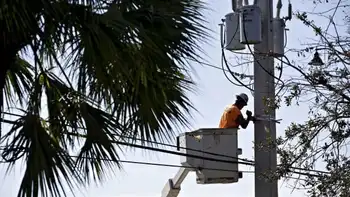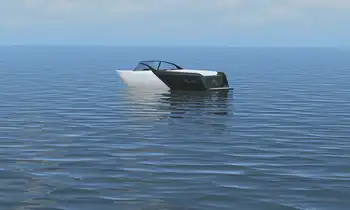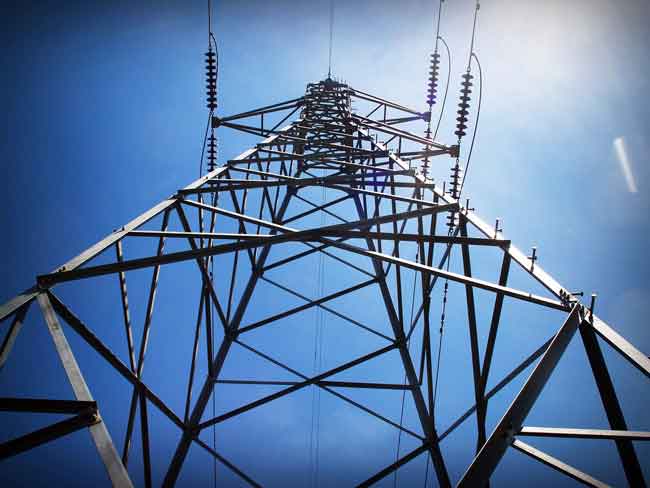Electricity study loses its spark
By Wyoming Tribune-Eagle
Arc Flash Training - CSA Z462 Electrical Safety
Our customized live online or in‑person group training can be delivered to your staff at your location.

- Live Online
- 6 hours Instructor-led
- Group Training Available
The people in these other states don't want their views, land, water and wildlife corridors impacted by new power plants, said Sen. Jayne Mockler, D-Cheyenne. So what is Wyoming getting in return?
Mockler, a long-time supporter of an electrical generation tax, created Senate File 138, a $250,000 study, to help answer that question.
"We're the ones generating an incredible amount of (the West's) electricity, and we're going to generate more," she said. "What do we get for shipping all this electricity?"
The bill was defeated in the Senate Revenue Committee 2-2. Sen. Bob Peck, R-Riverton, the committee's chairman, was absent and still hospitalized from a blood clot and pneumonia. If he returns before Feb. 2, the bill could be brought up again for a vote.
The study would have reviewed current and future projected production needs for both Wyoming and the states it provides, compared the amount of electricity produced in Wyoming for in-state and out-of-state use, and reviewed the economic impacts of an electrical generation tax.
It also would have considered how building new power plants would affect the state's air, water and land, the job market, and what land may be taken by eminent domain for new transmission lines and power plants.
But utility representatives testified against the bill, saying they feared it was the first step down a slippery slope that would lead to a tax on electrical generation and higher prices for customers.
"I just think (the bill) is headed right down that path that would end up with a generation tax, and for us, when we try so hard to keep our costs down (for customers), we have a very difficult time supporting this kind of tax," said Bob Tarantola, a spokesman for Rocky Mountain Power.
Rick Kaysen, vice president of regulatory affairs at Cheyenne Light, Fuel and Power, also worried about the effect on customers and said that attracting new businesses and facilities like the National Center for Atmospheric Research's new supercomputing center would be much more difficult with such a tax.
But Mockler said an electrical generation tax needn't necessarily mean higher prices for Wyomingites.
She has introduced an electrical generation tax many times that would couple it with a removal of the in-state sales tax on electricity.
The net result, she said, would be a shift of the tax burden to other states. Wyoming businesses and households, she said, would actually pay lower taxes, while the state would make more from the increased taxes paid by surrounding states.
But Brad Enzi, a representative of North American Power Group, testified that regardless of the study's results, its very existence would affect Wyoming.
"It would certainly cool the investment community on Wyoming," he said, "until they figure out if the end result of our study is going to be a tax."
But Kevin Lind, director of the Powder River Basin Resource Council, said he supported the bill.
"Maybe if we had done a study before coal-bed methane, we would have had a better idea of its impacts, both good and bad," he said.
So did Dan Neal, spokesman for the Equality State Policy Center, a group that seeks government accountability.
"We like the idea of balancing energy development with the other Wyoming assets we want to preserve in the long term," he said. "I don't see what there is to be afraid of from an independent study that includes everyone's views."
Mockler said she plans to ask that the study be submitted to the Joint Revenue Interim Committee as a committee or subcommittee study, but is unsure if that effort will succeed.











